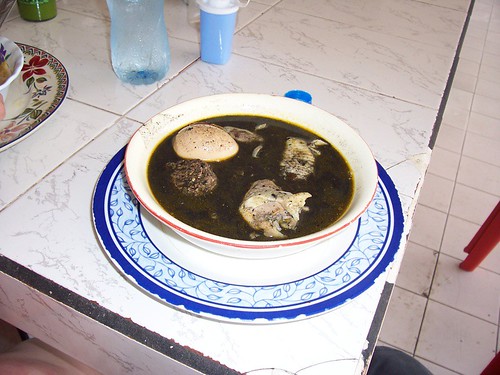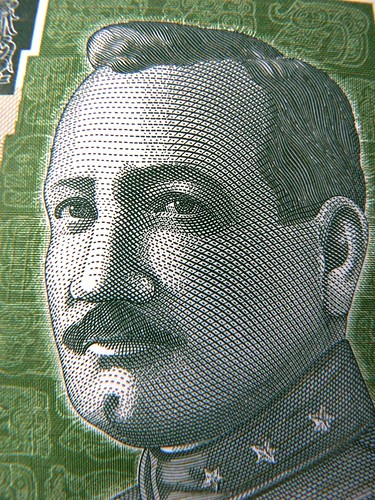Beka Lamb tells the story of a few months in the life of a fourteen-year-old girl — Beka — and her slightly older friend Toycie, who both attend a convent school in Belize. It’s published as part of the Heinemann Caribbean Writers Series, and so it has one of those rather off-puttingly institutional covers that makes me feel like I’m back in school. And indeed I’m sure it works well as a GCSE set text: it’s short, it’s about a teenager, it has lots of themes that would provide material for classroom discussion (race, class, politics, colonialism, teenage pregnancy) and it has lots of local colour.
Saturday, pay day for many families, was the biggest marketing, house-cleaning, and cooking day of the week. women and girls, whether they lived in a ‘good house’ or a ‘dawg-siddown’ scrubbed, dusted, polished and cooked in order that they might do as they pleased Saturday night and Sunday afternoon, satisfied that their duty, as best as could be managed with what was available, had been done.
Lunch on a Saturday was mostly crushed avocado or potted meat sandwiches, with perhaps pounded calves’ liver fried with lots of onions and creole bread for six o’clock tea. But the intense activity, and the smells of what was to come on Sunday noon, assuaged the need for bigger meals. In the houses of even the poorest, at the very least red kidney beans and bits of salty pigtails stewed on outdoor fire hearths waiting for the addition of raw rice, assiduously picked over for stones, and washed several times until the water ran clear. And in the houses of those that could better afford it, chickens, pork, or beef roasted in ovens; great pots of grey-black relleno soup thickened on stoves with a dozen hard-boild eggs per pot bobbing up and down like dumplings, and the corn mills of the town ground busily in preparation for the mounds of tortillas that would be needed the following day. Seafood and groundfood were rarely cooked on Sundays: fish, crayfish, conch, yams, cocoa, sweet potatoes, breadfruit and the like were everyday fare.

In fact I think it’s a quirk of a certain kind of post-colonial novel to almost overdo the local colour. The book is absolutely full of references to foodstuffs, flowers and trees, bits of local tradition, references to history; it’s like one long assertion of Belizeyness. Which isn’t necessarily a bad thing; in fact I enjoy all that stuff (particularly the food!). It’s just an observation of a phase that, perhaps, national literatures tend to go through.
I did enjoy this book, btw, so I hope my comments don’t across as negative. I enjoyed all the descriptive stuff, found the story engaging, and learn at least slightly more about Belize than I knew before. So that’s all good.
Beka Lamb is my book from Belize for the Read The World challenge, and is also my fifth book for the Caribbean Reading Challenge.
» The picture, ‘Relleno Negro‘, is © moviesandcheese. I don’t think it was taken in Belize, but it’s clearly much the same dish.




